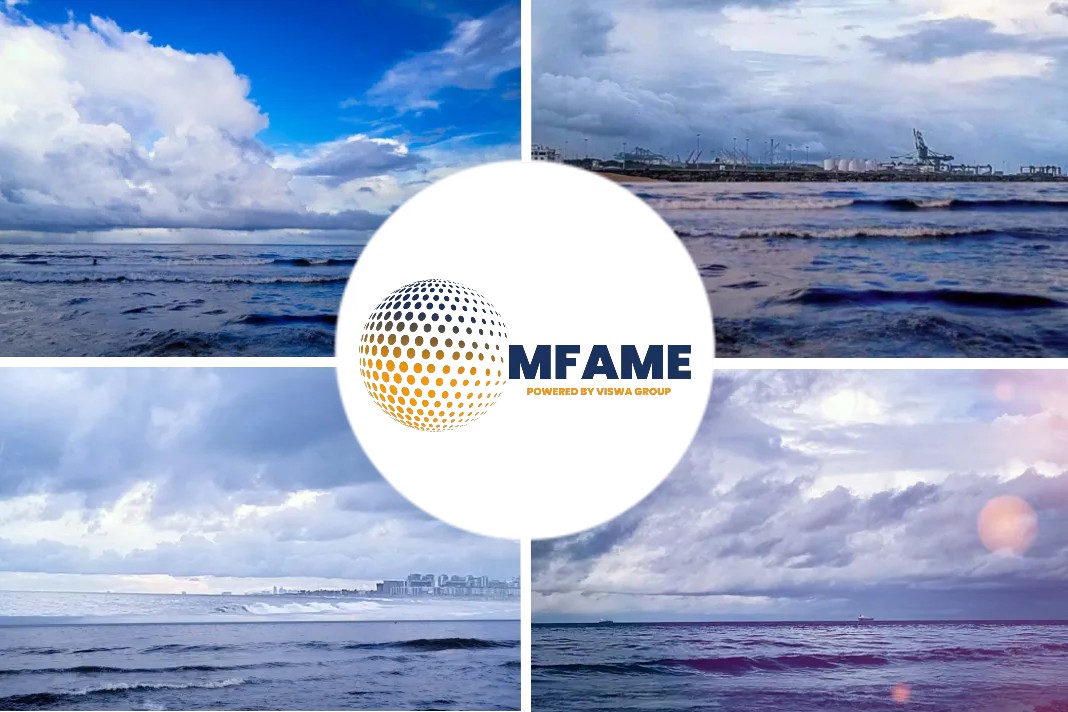Singapore is looking to address the lack of industry standardisation and awareness linked with remote maritime surveys by launching a Joint Industry Project (JIP), says an article published in Seatrade Maritime News.
Joint Industry Project (JIP)
The remote maritime surveys remain slow paced due to the lack of industry standardisation and awareness.
Singapore has launched an open call for a Joint Industry Project (JIP), to address this challenge.
Lack standardised approach
Steen Lund, Singapore Shipping Association (SSA) council member, chairman of SSA digitalisation committee, and the chief commercial officer and group chief digital officer for Executive Ship Management, observed that remote surveys have actually been done by the industry for “quite a long time”, albeit still lacking a standardised approach.
“Classification societies, to a large extent, are leading but there are also other service providers contributing to remote inspection, remote audit, remote surveys, well before COVID-19.”
Remote class surveys
Lund said that one class society has conducted more than 15,000 remote class surveys, and they are not just done in this relatively brief COVID-19 period.
Expensive
Till date, vessel owners have a number of proprietary approaches and solutions proposed by different service providers and those are too expensive for users to embrace more than one solution.
Solutions and standards
In Singapore, the Maritime and Port Authority of Singapore (MPA) and SSA have launched an open call for a Joint Industry Project (JIP) aimed at seeking solutions and standards for development of remote ship inspection and survey.
Lund said the JIP will have a “specific focus on standardisation and bring forward a way to allow owners and managers to make remote surveys become a much more normal operation than what it is today.”
Mid-sized ship management
Lund pointed out that it will be impossible for a small to mid-sized ship management company engaging with eight class societies to respond to each class wanting to do remote surveys in their own ways.
Lund said, “We are calling for a JIP in Singapore where we can standardise our approach and make a recommended practice for each service and technology providers to contribute, rather than doing things on their own terms. We are trying to lay a foundation in Singapore, but not unique to Singapore, so that we can hopefully take it global.”
A standard reporting platform
The opportunity of remote surveys from a technology point of view could be to generate technology standards for hardware and supporting software to capture activities onboard and provide augmented reality-aided information from shore-to-ship within the same physical platform.
This could be combined with a standard reporting platform for use on any vessel for any activities.
Benefits
Such an open and standard approach regardless of the work tasks are expected to reap the below mentioned benefits:
- improved productivity,
- lower costs and
- reduced physical exposure for
- ship inspections,
- surveys, audits and
- troubleshooting.
“Standardisation is a huge factor, and the more we can join forces in standardisation, the faster we can see digital uptake for the industry,” Lund said.
Did you subscribe to our daily newsletter?
It’s Free! Click here to Subscribe!
Source: Seatrade Maritime News
















